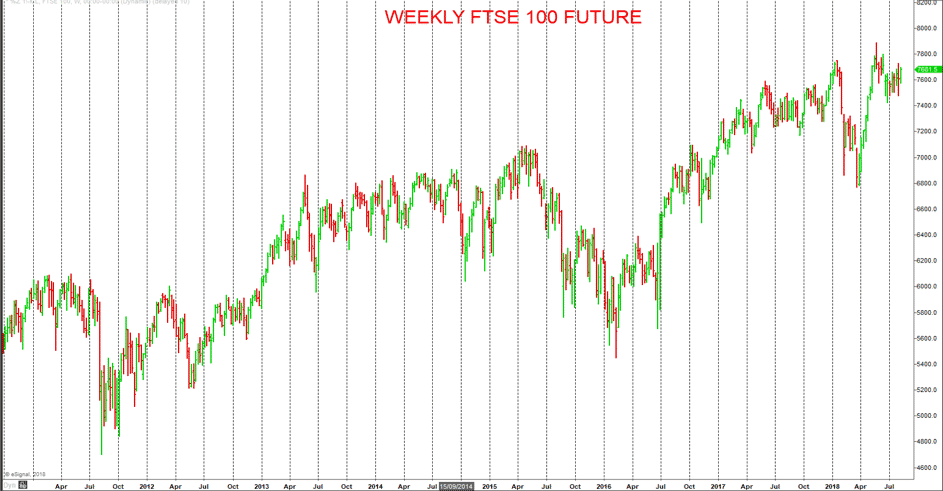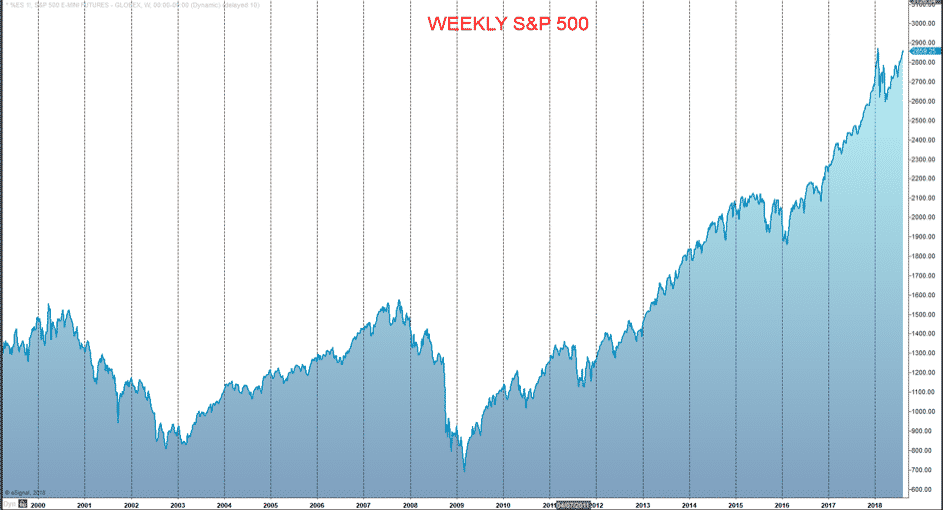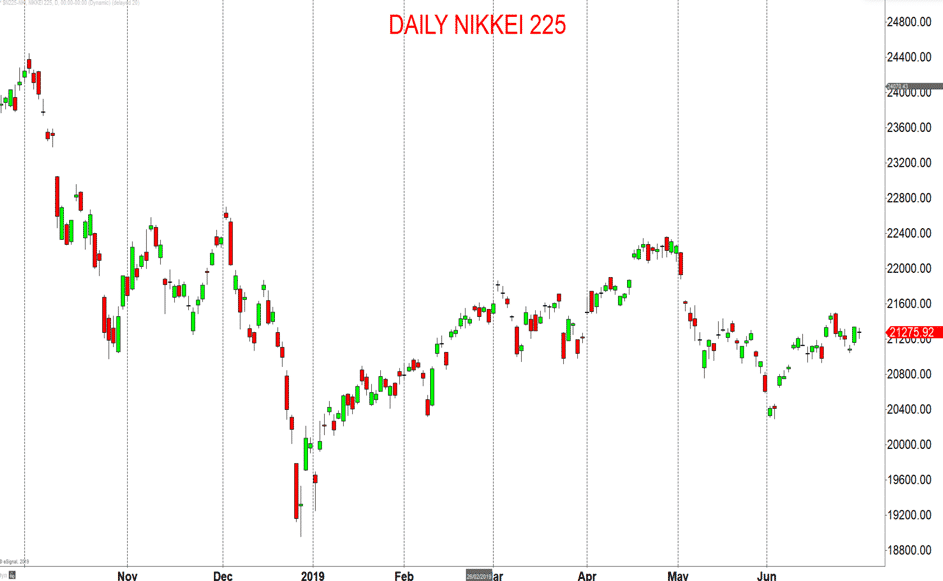In this Master Academy educational video and article, we are looking at Stock Market Indices.
In this article we will look at:
- What is a Stock Market Index?
- What are the types of Indices?
- How are they calculated?
- Stock Market Index Examples
What is a Stock Market Index?
- A Stock Market Index is a weighted average of a number of stocks, from a section of a Stock Market
- A Stock Market Index is calculated from the price of the selected stocks, usually a weighted average
- A Stock Market Index is supposed to reflect an entire Stock Market and track the entire market over time
What are the types of indices?
The index may reflect anything from a global overview of stocks or a country specific sector.
- Global and World Indices e.g. MSCI World
- Regional Indices e.g. S&P Asia 50
- National Indices e.g. FTSE 100 (for the UK)
- Sector Indices e.g. Banking
How are indices calculated?
There are two main ways of calculating a stock index
- Price-Weighted
- Capitalized-Weighted
Price-Weighted
The Price of a Stock is the determinant of the Weighting in the Index e.g. Dow Jones Industrial Average
Capitalized-Weighted
Factors in the Size of the Company, that is the Capitalization of the Stock e.g. S&P 500, FTSE 100
Examples of Stock Market Indices
European Stock Market Indices: FTSE 100, EURO STOXX 50, DAX

US Stock Market Indices: S&P 500, Dow Jones Industrial Average, Nasdaq 100

Asia Pacific Stock Market Indices: Nikkei 225, Hang Seng, ASX 200

Read more about the stock market and other financial markets here.